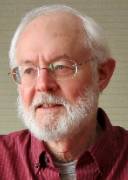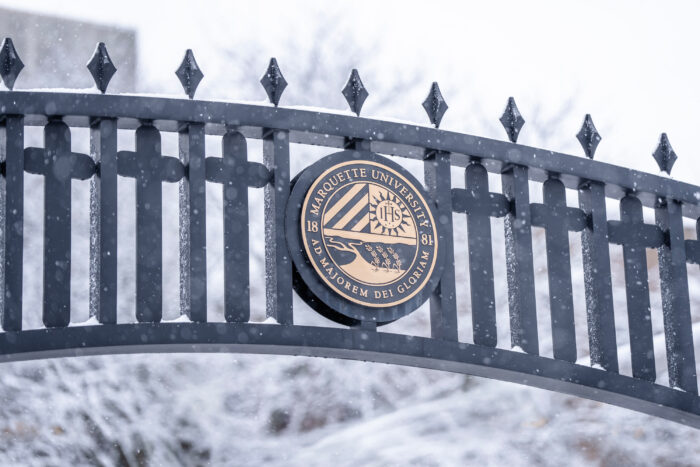In 2021, the Fulbright Program celebrates 75 years of positive impact on the lives of individuals as well as on global and local communities. The Fulbright U.S. Scholar Program offers more than 400 teaching, research or combination teaching and research awards in over 135 countries. Opportunities are available for college and university faculty and administrators as well as for professionals, artists, journalists, scientists, lawyers, independent scholars and many others. Fulbright has been an exceptional opportunity to enrich education, advance careers, and make meaningful contributions to society through their international fellowships.
In the last weeks before this year’s application deadline of Sept. 15, we will share some of Marquette’s long, rich history with Fulbright by highlighting some stories of our own Fulbrighters.
If interested in applying for a prestigious Fulbright Fellowship in 2022-23, you can visit the Fulbright website or contact Averia Flasch, Marquette’s liaison for Fulbright Scholars.
This week’s highlight: Dr. Milton Bates, professor emeritus, English
 Bates held teaching fellowships at the Beijing Foreign Studies University in the People’s Republic of China (2000) and at the Universidad Complutense de Madrid in Spain (2006). Here is a glimpse into his Fulbright experience:
Bates held teaching fellowships at the Beijing Foreign Studies University in the People’s Republic of China (2000) and at the Universidad Complutense de Madrid in Spain (2006). Here is a glimpse into his Fulbright experience:
A desire to interact as much as possible with host country students and colleagues led Dr. Milton Bates to pursue Fulbright Scholar teaching awards.
Ever since graduate school, Bates was aware how Chinese poetry—and the Chinese written character itself—influenced English speaking modernist poets. During his Fulbright, he translated a Wallace Stevens poem into Mandarin, then had a calligrapher reproduce it on a scroll. This turned out to be a successful teaching aid, introducing Chinese students to modernist poetry and teaching Marquette students about Chinese influences. He wrote up the experiment in an academic journal.
While teaching in Spain, Bates had a bit of a paradoxical experience in which a group of American college graduates left a deeper impression on him. Some of them used Fulbright awards to teach various subjects in Spanish schools. Others pursued research projects such as studying a species of burrowing owl and investigating unusual Spanish musical instruments. These exceptional Fulbrighters led Bates to encourage Marquette seniors to apply for these awards.
This story, and others, can be found on the Office of Research and Sponsored Programs Fulbright website along with additional information about applying for the fellowship.


